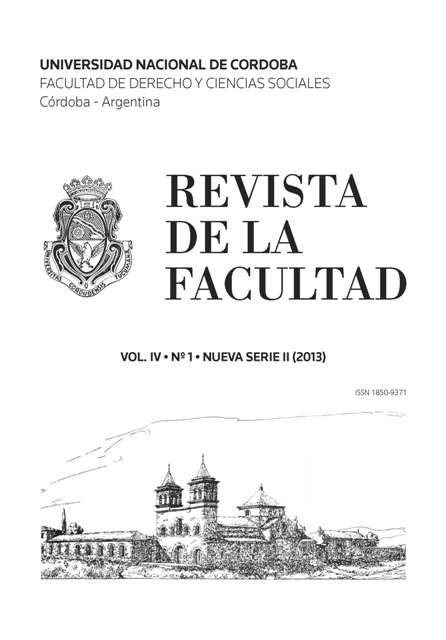Citizenship and human rights for old people: from gerontological policies to elder law
Keywords:
citizenship, gerontological policies, Human Rights, elder lawAbstract
This paper inquires about the problems related to the aging paradigms that have been used so far in social policy and law. It also explores the paths currently required for a gerontological perspective of positive aging. Methodology used was based in integrativism theories of law and policy which recognize four dimensions of analysis: historical background, sociological, normative and evaluative. In the current era of globalization, the negative discrimination due to age cannot be reversed by the mere implementation of public gerontological policies. We need to develop a model of citizenship based on a new specialty: Elder law supported by Human RightsDownloads
Download data is not yet available.
Downloads
Published
2013-04-16
How to Cite
Dabove, M. I. (2013). Citizenship and human rights for old people: from gerontological policies to elder law. Revista De La Facultad De Derecho, 4(1). Retrieved from https://revistas.unc.edu.ar/index.php/refade/article/view/6008
Issue
Section
Doctrine and research
License
La publicación del artículo implica la donación de los derechos de autor a la Facultad de Derecho, conservando el autor su derecho a utilizar el artículo en publicaciones de su autoría o páginas web referidas a su trayectoria. Para el caso de otro tipo de publicaciones, antes de su utilización, deberá obtener autorización de la facultad.


